Cabinet rules out new suicide legislation
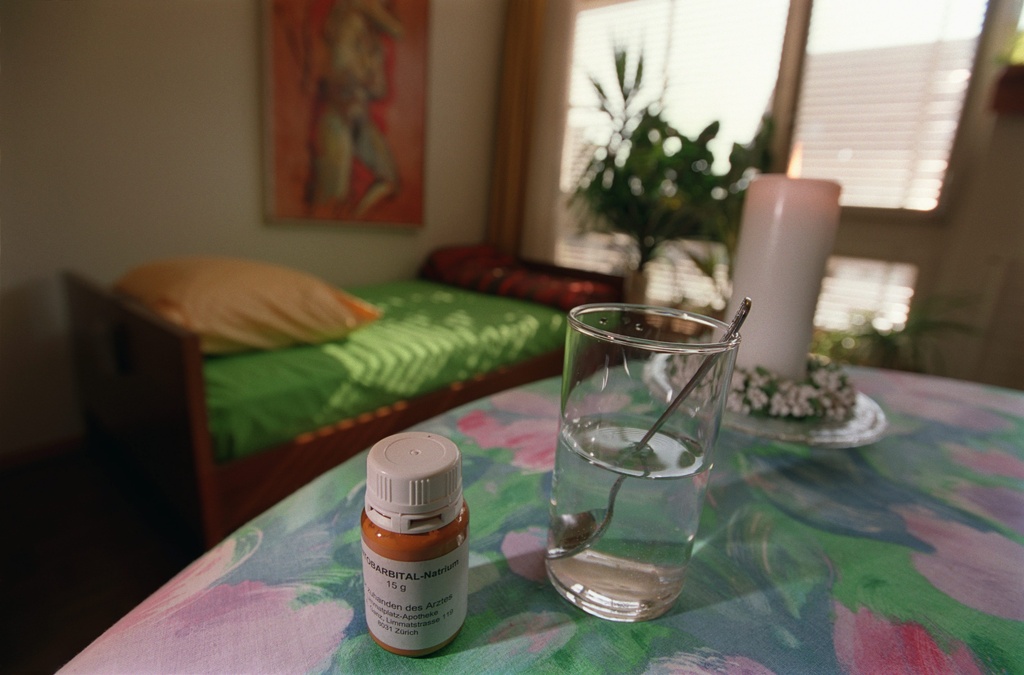
The government will not introduce specific regulations on organised assisted suicide, but will extend measures to boost palliative care and suicide prevention.
The decision is the latest step in a drawn-out public controversy over current regulations on the right to die and so-called ‘suicide tourism’ – people travelling to Switzerland to end their lives.
Justice Minister Simonetta Sommaruga said the cabinet was convinced that abuses of the system could be tackled under the existing legislation.
“Revising the current legislation could give an official stamp of approval to organisations offering their services for assisted suicide,” Sommaruga told a news conference on Wednesday.
She added that the decision did not mean that authorities were abandoning controls designed to ensure the strict regulations are observed.
Sommaruga said the proposed set of measures to increase suicide prevention and palliative care was aimed at “strengthening the right of self-determination for people until one’s dying day”.
It is up to the cantonal authorities to ensure that the current legislation is strictly observed, said Sommaruga.
Swiss law
Under the regulations, assisted suicide in Switzerland is only admissible for people who have the mental capacity of consent and are sufficiently well informed. The anesthetic pentobarbital sodium can only be dispensed with a doctor’s prescription and storage of the drug is outlawed.
A person who incites or actively helps somebody to commit suicide faces up to five years imprisonment.
Sommaruga stressed that emotions ran high during deliberations over assisted suicide regulations. She said she was grateful for political debate even though it had not led to any major legal changes.
“That somewhat vague feeling that something more should be done might persist at this stage,” she said.
“It is crucial that people are aware of the possibilities of the criminal law, the rules for doctors. The state can do its task of preventing suicide and ensuring the right of self-determination if the these rules are applied and enforced.”
The interior ministry has been mandated to study measures to extend a programme on palliative care beyond 2012 and to increase efforts to treat depressive patients.
Heated debate
News reports about people who travel to Switzerland to die regularly spark heated debate, notably in Britain which has the strictest regulations on euthanasia in Europe.
They helped to increase pressure from Swiss parliamentarians for the government to review the law.
Over the past decade the justice ministry has examined several options and ordered reports on the issue. In the latest attempt, launched by the government last November, it mooted amendments to due diligence regulations for assisted suicide organisations, such as Exit or Dignitas.
The number of cases of ‘suicide tourism’ dropped from 195 in 2006, to 97 cases in 2010, according to the Federal Health Office.
The number of presumed assisted suicide cases involving Swiss residents increased to 257 from 150 in the same period.
Self-determination
Switzerland’s main assisted suicide organisations, Exit and Dignitas, have welcomed the government decision.
“It ensures the right to self-determination and the right to die,” the Exit group said.
Exit, which only offers its services to residents in Switzerland, said it would continue to apply the strict guidelines and observe high quality standards.
Its vice-president, Bernhard Sutter, said he believed the result of a local ballot in Zurich contributed to the decision.
In May, voters in canton Zurich overwhelmingly rejected separate initiatives to ban or restrict “suicide tourism”.
Dignitas, which helps carry out assisted suicide for people travelling to Switzerland with a death wish, said it was prepared to cooperate with the authorities on suicide prevention programmes.
Ludwig Minelli, founder of Dignitas, argued that abuses of assisted suicide in Switzerland are extremely rare.
However, Zurich’s cantonal prosecutor Andreas Brunner said it would be preferable to have a special law on assisted suicide organisation to help the justice authorities rule on alleged abuses.
Direct active euthanasia is taking specific steps to cause the patient’s death, such as injecting the patient with drugs. This is usually an overdose of painkillers or sleeping pills.
Indirect active euthanasia is giving the patient a palliative drug that could lead to death.
Passive euthanasia is usually defined as withdrawing medical treatment with the deliberate intention of causing the patient’s death.
Assisted suicide is when a doctor provides a patient with the means to end his own life; however, a doctor does not administer it.
Swiss law tolerates assisted suicide when patients commit the act themselves and helpers have no vested interest in their death. Assisted suicide has been allowed in the country since the 1940s.
Death is usually induced through a lethal dose of barbiturates that has been prescribed by a doctor. Ingestion of the poison, whether by drinking it or through the use of intravenous drips or stomach tubes, must be carried out by the person wanting to die.
A 2006 decision by the Swiss Federal Court ruled that all people of sound judgment, irrespective of whether they suffer from a mental illness, have the right to decide the manner of their death.
The government examined various options to regulate assisted suicide practises and decided not to seek legal changes but to boost suicide prevention and palliative care.
Switzerland has two main groups which cater to people who seek an assisted suicide, Exit and Dignitas.

In compliance with the JTI standards
More: SWI swissinfo.ch certified by the Journalism Trust Initiative

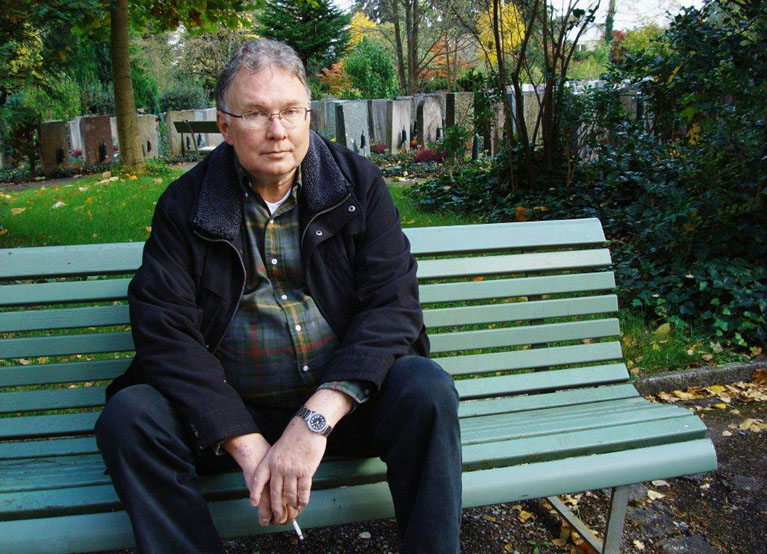
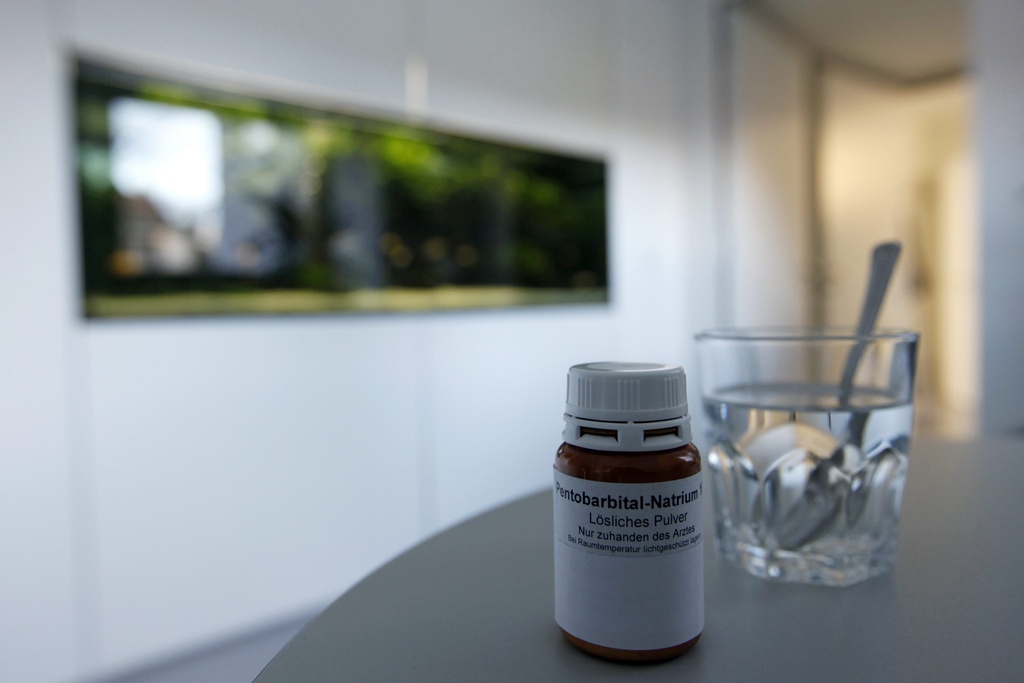
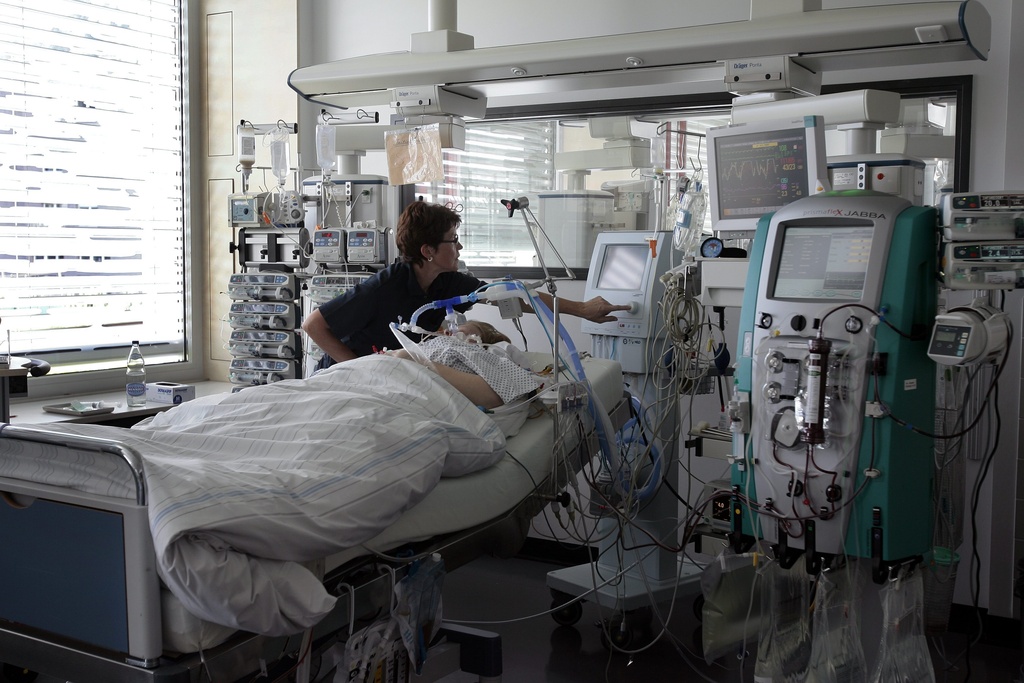

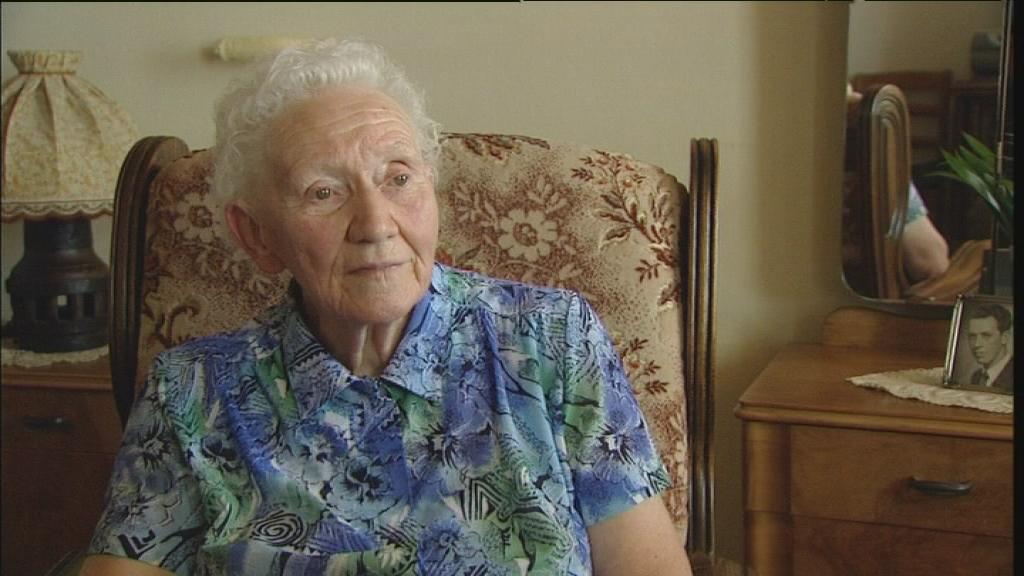
You can find an overview of ongoing debates with our journalists here. Please join us!
If you want to start a conversation about a topic raised in this article or want to report factual errors, email us at english@swissinfo.ch.